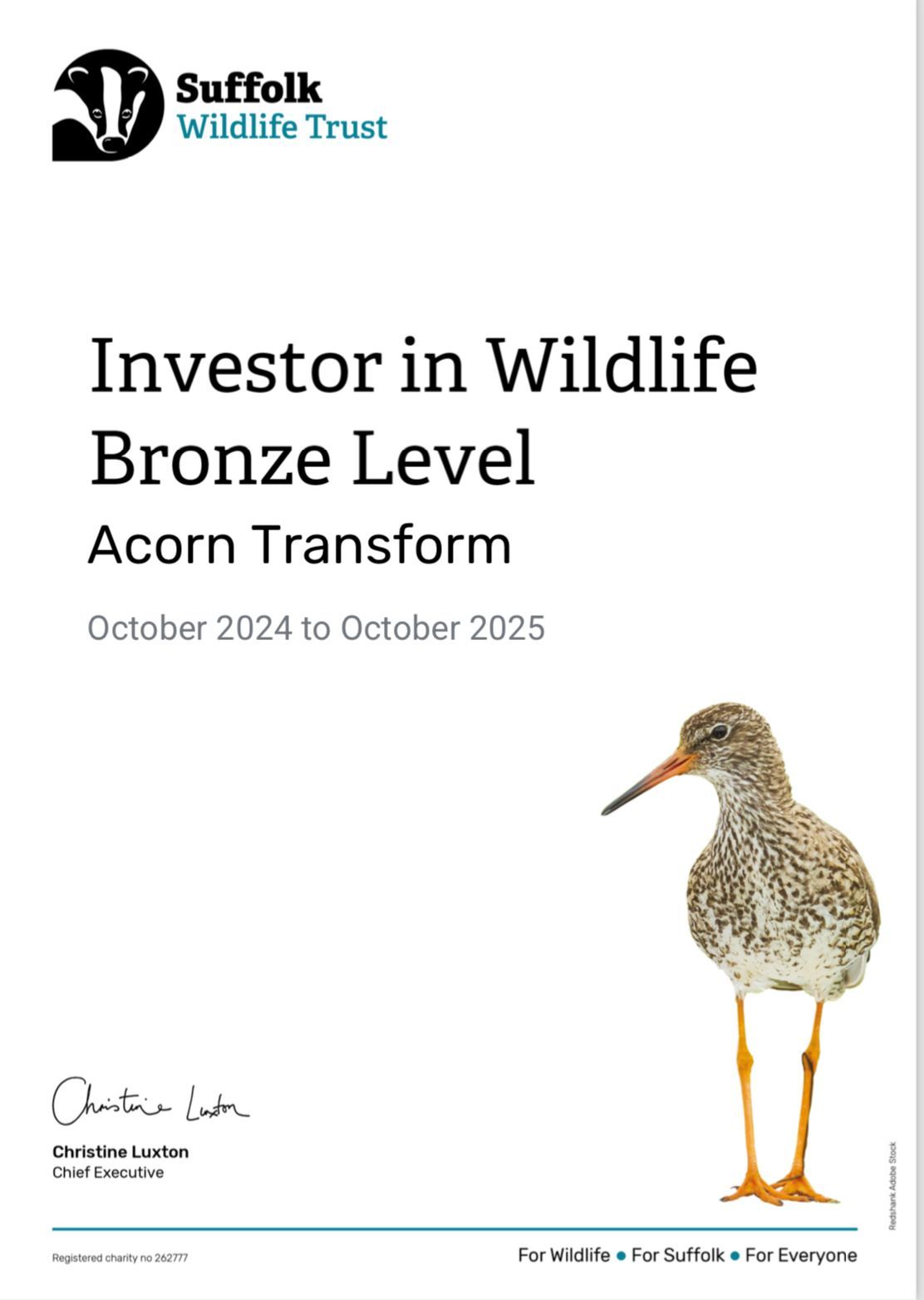AI Coach? To be or not to be?
Is there a place for AI in Coaching?
AI is a rapidly growing part of our society, and it is starting to become more prevalently discussed as to its place in 'coaching' .
2. AI development
During the 1950's the first exploration of Artificial Intelligence began when Alan Turing published Computer Machinery and Intelligence, which proposed a test of machine intelligence called The Imitation Game.
John McCarthy in 1956 at the Dartmouth Summer Research Project on Artificial Intelligence brought together over 100 researchers to look at clear goals;
Help machines use language
Form abstractions and concepts
Solve problems that were previously reserved for humans
Improve machines
Since this early research there has been huge research into the field of AI. Significant growth coming after 2000 with examples such as IBM Watson as an AI quiz show contender, and Siri in 2011 as an early command and control AI system. The surge since 2020 has been largely down to generative AI - the ability for AI to generate text, images and videos in response to prompts. ChatGPT is an example of generative AI from OpenAI released in 2022, and was also able to ask follow up questions and recognize inappropriate prompts.
The step into coaching perhaps first started in sport, where in 1997 a computer vision tracking system called Prozone was used. In 2001 Hawk-Eye computer tracking for umpiring in tennis was introduced, to in 2017 Zone7 leveraged AI to predict Athlete injury risk.
All of these elements of AI in sport give data, providing more insight that we as humans can capture alone.
As AI expands into many fields including education, healthcare, and many more, there is a definite transition into the business world.
So how can AI support 'coaching'?
3. Overview
It is estimated that there are over 1 Million coaches worldwide. With a very conservative estimation of each coach having 10 clients a year (2022 average was 12) we can propose that around 10 Million people access coaching worldwide. Considering the population is now over 8billion, this is around 0.12% of the population who access coaching in this way.
Coaching is an opportunity for individuals and teams to develop and grow. Coaching may impact on;
Self awareness
Confidence
Communication
Engagement
Prioritisation
The ICF have a vision statement of 'A world where coaching is integral to transforming societies'. Therefore I wonder how can we increase the opportunity for people to receive coaching? could AI be part of the solution?
I first started using AI in coaching in 2020. The system I used was a video that analysed three components of a conversation, voice, being the tone and delivery, but also the text (the words used), and also the visual signals from each parties micro facial movement. This system (KAI conversations) is an example of gaining of AI being able to generate data above that of a human. It gave insight into the impact during a conversation, and how engaged the parties are. It shares elements such as confidence, and emotion, which allows the coach to fuse together 'data' with great coaching.
The challenges faced were mainly due to fear, and misunderstanding of the system and what it may provide. However once people experienced the fusion of combining new data (which the AI provided), with coaching around the value of this data and the clients goals, nearly all were impressed of the insight and opportunity that AI combined with human intelligence could offer. AI can also provide datasets across functional areas, allowing trends to be seen, and bespoke learning journeys therefore offered. This is where the AI becomes truly scalable to impact on team or organisational learning journeys.
Since my first experiences, Generative AI through ChatGPT and other sources have taken off, and many AI coaches are now available on the market. I have explored a few, and have found them to be useful adjuncts to personal learning journeys.
AI can now be used for;
- Personalized guidance
- Roleplay
- Automated assessments against criteria and goals
- Observational feedback around behaviour or language patterns
- Identification of common strengths or challenges
Examples of other AI tools are;
- Rypple AI
- Loopin
- Nadia (Valence)
- AIMY (CoachHub)
- Attensi AI
- Coach Vici (AI Coaching)
These are just a few of the tools available, and all have certain characteristics to enable you to decide which may suit you and your organisation. Many of these are based on expert system (ANI) principles including chatbot technology.
So what may be the Benefits of AI Coaching?
- AI is accessible 24/7 globally. Therefore whenever you need the support it is there.
- AI coaching could also be considered cost effective, as it is perhaps less costly than one to one coaching so could more people globally access coaching
- AI coaching has been seen in some populations to have benefits in supporting 'goal setting' from a coaching perspective (Dr Nicky Terblanche has written a paper on this)
And what are some of the potential risks?
- This is currently a fairly un-evidenced field of study, no one is quite sure currently of the benefits especially on behaviours in the long-term
- AI must be used as a development tool, not performance management metric
- Ethically, are the AI systems applying the same human level to objectives set? and are the AI systems maintaining the same standard of ethical practice as human coaches?
The ICF have produced a set of AI coaching framework and standard for all 'coaches' . Bodies such as the ICF, and EMCC (2 large coaching bodies) have clear frameworks, and ethical requirements to which their credentialed or associated coaches adhere and spend time studying. Whilst we can sum up risks and benefits, returning to why people want coaching, it is usually to create some form of 'change' . What we do know is that for this change to happen AI or human need to consider, the goals of change, readiness for change, what may be the barriers, what is your motivation, and what might trigger 'un-change', none of which happen overnight. For true change time is needed. A study in 2009 (European Journal of Social Psychology) states on average it takes 66 days for a new habit to become automatic.
So how can humans and AI ensure change becomes real?
What is the place for AI in coaching?
4. What does AI say?
AI (using my i phone) indeed states that 'AI coaching is a process that uses AI to provide personalized guidance and support for professional and personal development'.
The ICF definition of coaching is; 'partnering with clients in a thought-provoking and creative process that helps clients maximise their personal and professional potential'.
An interesting word used in the ICF definition is 'partnering', and I truly believe this is critical to any coaching relationship. Trust enables a true partnership to develop. This is an area that AI may find harder to generate 'trust and partnership'; however as it continues to evolve, and the AI user base is driven by Gen Z then we may see this emerge.
The partnership also implies that coaching should take place over a period of time, therefore allowing potential behavioural change. Most human coaching partnerships establish a timeframe at the contracting stage, and therefore ensuring time for the transformation. If AI is also used regularly, over a period of time, it could also augment 'behavioural change' and as it is used more this evidence will grow, however I am currently unsure of the commitment to partner with AI.
As is stands today, my view is that AI coaching has a place, and could potentially be a very good way to augment the human 'coaching' experience, bringing together new insight for their clients, and allowing increased access to coaching tools to support the coachees personal growth journey.
Indeed using ChatGPT today and asking 'what is the place for AI in coaching?' the final statement is;
'AI's role: Enhancing not replacing human coaches. AI provides efficiency, objectivity, and scalability, while human coaches bring emotional intelligence, empathy, and intuition - qualities which remain irreplaceable. Together they form a powerful partnership for driving meaningful growth and change.
Thank you ChatGPT, as a human, I couldn't agree with your AI answer more!


Want more information?

Acorn Transform
Latest news

